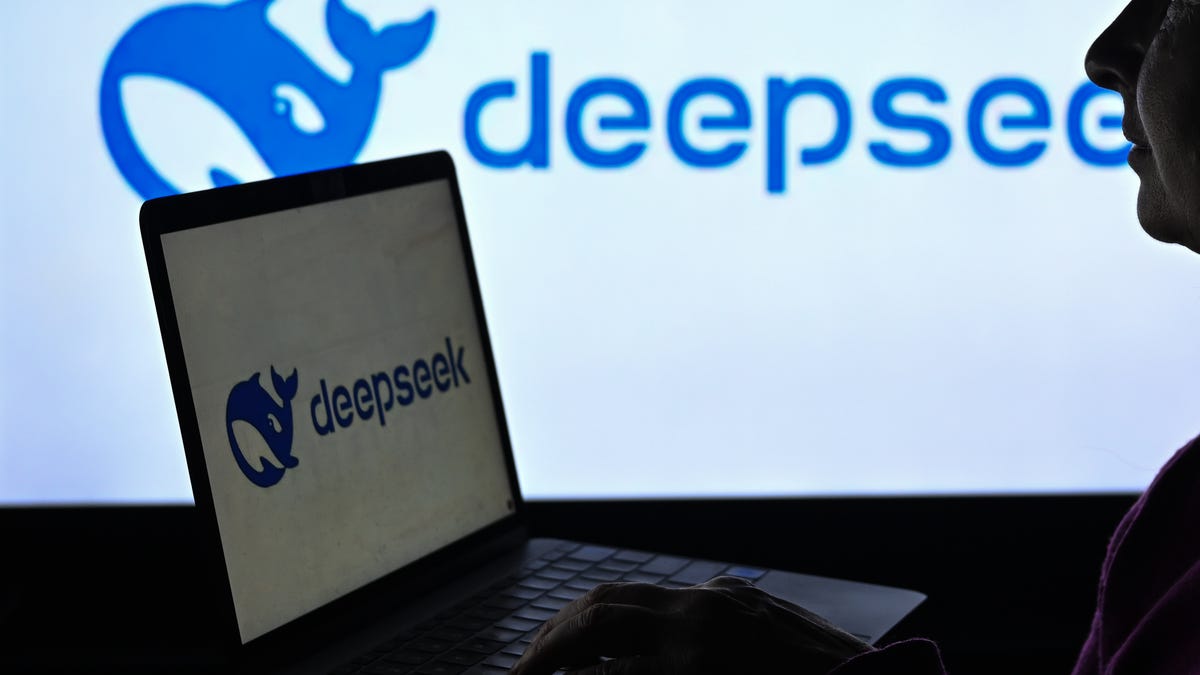How DeepSeek Navigates U.S. AI Chip Restrictions to Thrive in China
In recent years, the U.S. government has implemented stringent restrictions on the export of advanced AI chips to China, aiming to curb the country’s technological advancements in artificial intelligence and related fields. However, companies like DeepSeek have shown remarkable resilience and adaptability in the face of these challenges. This article delves into the innovative strategies employed by DeepSeek to navigate these restrictions, their implications for the global tech landscape, and what this means for the future of AI technology in China.
Understanding the Context of U.S. AI Chip Restrictions
The U.S. government’s restrictions on AI chip exports stem from national security concerns. The fear is that advanced technologies could bolster China’s military capabilities or contribute to surveillance systems that infringe on human rights. Consequently, the U.S. has put in place a series of export controls targeting not only hardware but also software and intellectual property related to AI development.
These measures have significantly impacted many companies reliant on U.S. technology. DeepSeek, a rising star in the AI chip sector, has faced the brunt of these restrictions. Yet, rather than succumbing to these challenges, the company has turned adversity into an opportunity to innovate and thrive.
How DeepSeek Adapts to Restrictions
DeepSeek has employed several key strategies to navigate the U.S. AI chip restrictions effectively. Let’s explore these methods in detail:
1. Diversifying Supply Chains
In response to the restrictions, DeepSeek has diversified its supply chain. Understanding that reliance on U.S. suppliers could jeopardize their operations, the company has sought alternative sources for AI chips and components. This includes:
- Partnering with semiconductor manufacturers in countries less aligned with U.S. geopolitical interests, such as Taiwan and South Korea.
- Investing in local research and development to produce proprietary chips that meet their needs without relying on U.S. technology.
This diversification not only mitigates risks associated with U.S. export controls but also enhances DeepSeek’s competitive edge by fostering innovation within China.
2. Leveraging Domestic Talent and Research
DeepSeek has recognized the importance of local talent and expertise in overcoming technological barriers. The company has made substantial investments in:
- Recruiting top-tier engineers and researchers from Chinese universities and tech firms.
- Collaborating with academic institutions to drive research in AI and semiconductor technologies.
This focus on domestic expertise has enabled DeepSeek to develop cutting-edge technologies that align with their strategic goals while adhering to local regulations.
3. Forming Strategic Alliances
Another pivotal strategy for DeepSeek has been the formation of strategic alliances with other tech companies within China. By collaborating with local firms, DeepSeek can:
- Share resources and knowledge, leading to faster innovation cycles.
- Access new markets and customer bases, enhancing revenue potential.
These alliances have not only strengthened DeepSeek’s position in the Chinese market but also contributed to the broader ecosystem of AI development in the region.
The Implications for the Global Tech Landscape
DeepSeek’s ability to flourish despite U.S. restrictions has several implications for the global tech landscape. As the company continues to innovate, it may:
1. Shift the Balance of Power in AI
As DeepSeek and other Chinese companies develop advanced AI technologies independently, the balance of power in the global AI ecosystem may shift. This could lead to increased competition as these companies begin to challenge established U.S. tech giants.
2. Accelerate Technological Decoupling
The U.S. restrictions on AI technology are contributing to a broader trend of technological decoupling between the U.S. and China. As companies like DeepSeek find ways to innovate independently, the two countries may become increasingly isolated in their technological advancements.
3. Foster Global Collaboration in AI
Despite the geopolitical tensions, the global nature of technology means that collaboration remains crucial. Companies like DeepSeek could lead the way in establishing new partnerships beyond traditional borders, fostering innovation through shared knowledge and resources.
Conclusion: A Future of Innovation
DeepSeek’s journey through the landscape of U.S. AI chip restrictions highlights the resilience and adaptability of companies in the face of adversity. By diversifying supply chains, leveraging local talent, and forming strategic alliances, DeepSeek has not only navigated these challenges but has also positioned itself as a leader in the AI sector within China.
The implications of DeepSeek’s success extend beyond its own operations, potentially reshaping the global tech landscape. As these developments unfold, the world will be watching closely to see how the dynamics of AI technology evolve in response to geopolitical pressures.
In conclusion, while challenges abound, the spirit of innovation at DeepSeek exemplifies how companies can thrive even in restrictive environments. The future of AI in China looks promising, and as DeepSeek continues to lead the charge, its story may serve as an inspiring model for other companies navigating similar challenges.
See more Future Tech Daily

